Indian Kavya Literature (Volume VII, 2 Parts)
Synopsis
This volume, on the twelfth and thirteenth centuries (A.D.), starts with Vidyakara’s retrospect over anonymous poets (named ones having mostly found their places in earlier volumes). After some smaller anthologies, a few novels and Mankhaka’s mythological epic we come to a historical epic. History is the most substantial source of matter for literature in the volume. That might seem to contrast with Vol. VI, but as literature its aim is always art, not facts, which narrows the gap. For most Indian authors history is believed to be cyclic, repeating over enormous periods of time, hence our sub-title ‘The Wheel of Time’ (from the Kalacakra Tantra). Kalhana, author of the first historical epic here, mentions the cycles of the Manus in order to situate his story of Kasmira, though afterwards concerned with details during the last one which led to the consolidation of the present ruling family. The calmed aesthetic experience prevails, however, on account of the transience of life. Amaracandra a century later shows (after Bana) that the experience of the Mahabharata is the marvelous. It is not about real life. Dhammakitti (II) returns to the futility of real life, but tries to idealise a few kings and ends with the glorious story of Parakkamabahu I (though he knew this was followed by ruin). Many other kavyas from all over India are also based on history, by Sandhyakara, Hemacandra, Arisimha, Balacandra, Jayanaka, Dhammakitti I, Camdabaliddika and others. There are prose biographies by Somesvara Calukya, Kalakalabha and Vacissara and a campu from history, the anonymous Hatthavanagallaviharavamsa. Plays on contemporary history by Yasascandra, Somadeva III, Jayasimha and Harihara survive. Jinabhadra II’s prabandha consists of mere anecdotes. With the Simhasanadvatrimsika, though it is supposed to be about Vikramaditya and Bhoja, we arrive in the world of pure fiction. Harsa II’s is the best epic from this period, rich in detail, philosophical, comically ingenious in its learning. Its legend is from the Mahabharata, but the author’s outlook is strictly Vedist, again humorously so. The objective is Nala’s marriage, therefore, the experience is the sensitive, with strong support from the comic. Parakkamabahu II’s Sinhalese epic on a Jataka legend, a fairy story, is also sensitive and perfectly regular. Vedeha’s mythical Pali epic is irregular, but this may be seen as reflecting the subject matter. Kampan’s epic on the divine Rama seems purely theological: there is no real struggle; God cannot suffer. This leaves Ravana as the greatest and tragic hero. Haricandra’s Sanskrit epic on a Jina is of no interest, though he is an imaginative poet and his exposition of Jainism is the clearest. Vairoana’s undated Maharastri anthology consists only of verses by himself and seems to be autobiographical, though obscure and allusive. He was a Buddhist monk, but still has difficulties with his former wife. The Saiva Addahamanu’s Apabhramsa lyric has a simple theme but a wide emotional range. It is also a display of metres. The anthologists Sridharadasa and Jalhana preserve verses from several otherwise unknown but excellent poets, especially Bheribhankara and Jalacandra, as well as anonymous ones. Medhankara’s Pali poem looks like a minor epic but is a meditation on the Buddha. Few novels survive from this period: Mahendra’s on a case of mixed marriages between people of different religions is the most interesting. Nemicandra II writing in Kannada is fantastic. A rich theatre is extant from the twelfth and thirteenth centuries, besides historical plays mentioned above. Ramacandra established a Jaina theatre in Gurjara, with legends and fictions. He was followed by Devacandra, Balacandra (a ‘tragedy’) Ramabhadra (the best) and Meghaprabha (a shadow play), as well as some rasakas. Yasaspala wrote an allegorical play purporting to be historical, / Hastimalla in Tamilnadu composed four Jaina plays according to the Digambara traditioin. Non-Jaina playwrights were equally productive and more varied: Prahladanadeva, Vigraharaja IV Cahamana, Sankhadhara (a comedy), Jayadeva I (a ragakavya), Vatsaraja (six excellent plays all of different types), Madana, Jayadeva II, Somesvara (the Brahman), Subhadra, Vijayapala, Ravivarman and Kavivallabha. All these Kavyas were intended for the entertainment of contemporaries.
Read more
99.90
89.91
$
111.00 $
Free delivery Wolrdwidе in 10-18 days
Ships in 1-2 days from New Delhi
Membership for 1 Year $35.00
Get it now and save 10%
Get it now and save 10%
BECOME A MEMBER
Books by the same author

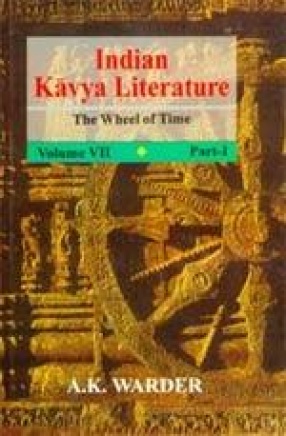
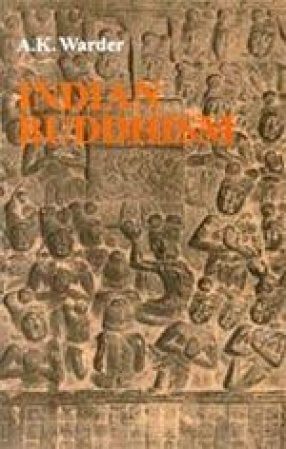
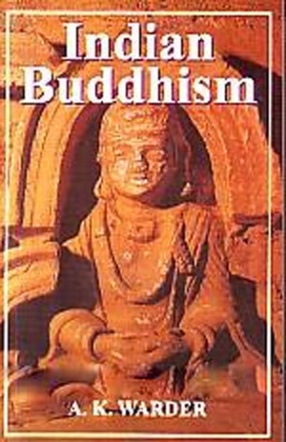
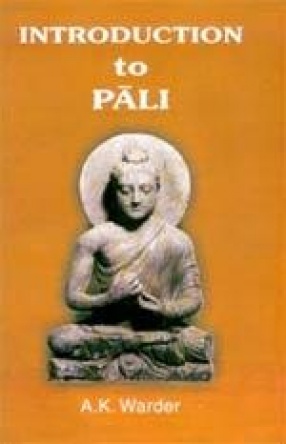
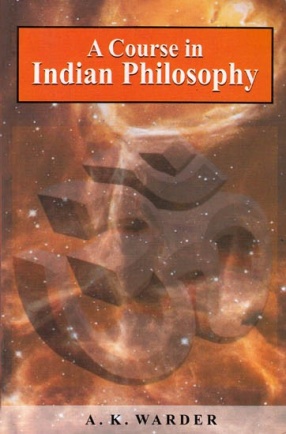
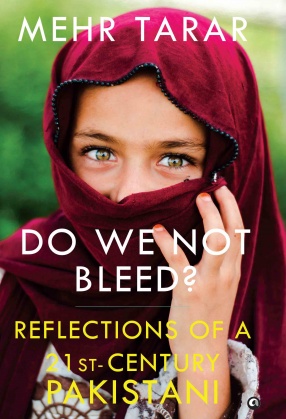

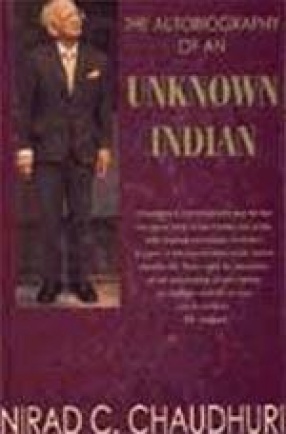
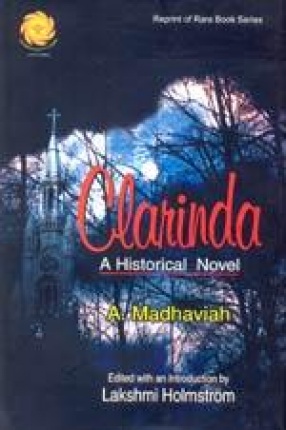

Bibliographic information